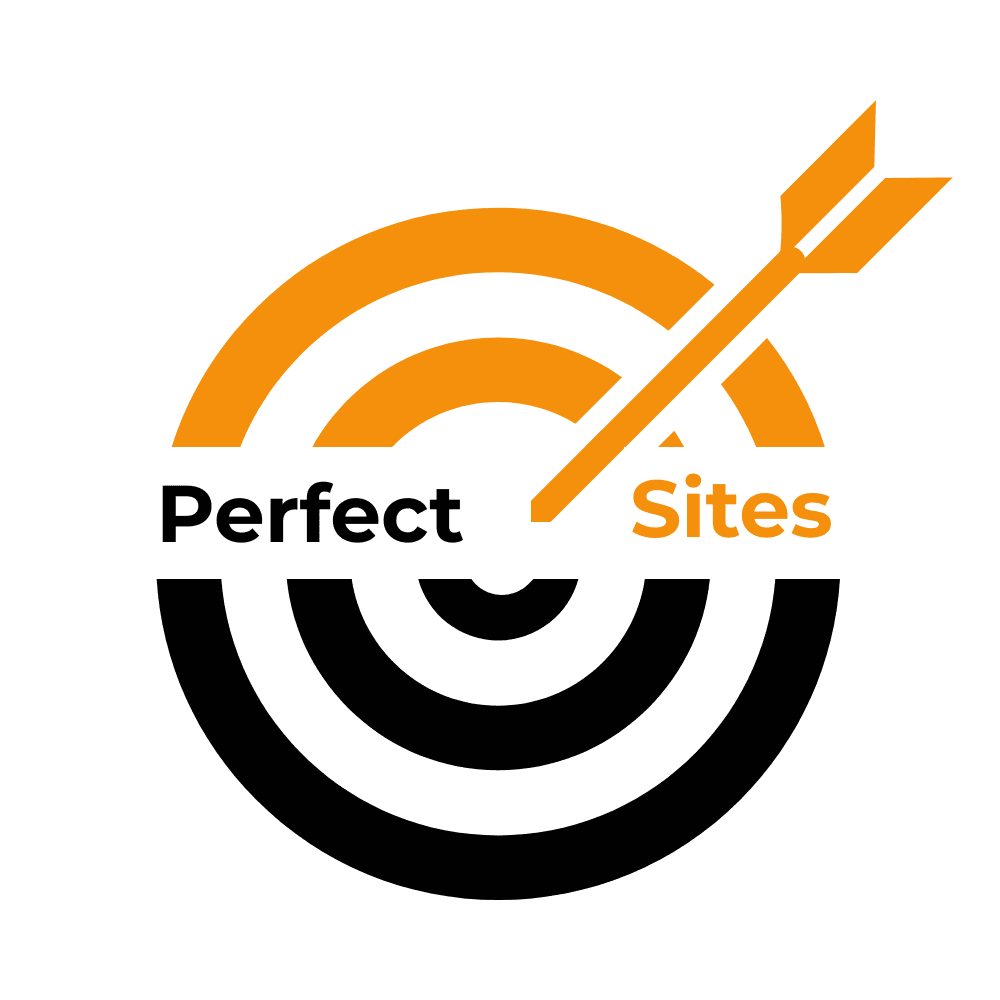Let’s be honest. Launching a business website in Portland isn’t just about throwing up a homepage and calling it good. This is a city where people read labels, ask about sourcing, and actually care if your “About” page sounds like a real human wrote it. If your site feels like it could belong to a corporate chain in Phoenix, you’re going to lose the Portland crowd before the page even finishes loading.
So, how do you build a website that feels at home in Portland? You start by understanding who’s actually going to land on it.
Start with the people, not the pixels
Portlanders aren’t just browsing. They’re scanning for values. Sustainability, equity, local impact—these aren’t niche interests here; they’re table stakes. According to Nielsen, 66% of global consumers will spend more on a product if it comes from a sustainable brand. Portland, predictably, is ahead of that curve.
So your site needs to do more than look nice; it has to say something. That might mean adding a transparent “About” page that explains your sourcing, or a “Sustainability” section that doesn’t sound like it was written by ChatGPT with a composting fetish. Think clean design, minimal waste, and a tone that feels like someone who bikes to work but also reads The New Yorker.
If they can’t find you, they can’t trust you
Now let’s talk SEO—specifically, local SEO. Because if your business doesn’t show up when someone Googles “vegan bakery near me” while walking through the Pearl District, you might as well be invisible.
BrightLocal found that 87% of consumers used Google to evaluate local businesses in 2022. That number’s not going down.
So get your Google Business Profile in shape. Make sure your address, hours, and business category are accurate. Use schema markup to tell search engines you’re in Portland, not just “online.” And don’t forget the boring stuff: local directory listings, relevant backlinks, and yes, those early customer reviews. They
matter—especially here, where people trust word of mouth more than banner ads.
Pick a platform that won’t box you in
There’s no one-size-fits-all platform, but some choices make more sense than others depending on what you’re selling. WordPress is still the go-to for service-based businesses and content-heavy sites. Webflow gives you more design control if you want that handcrafted look without hiring a full dev team. Shopify rules the roost for eCommerce, especially if your inventory is more than a handful of SKUs.
Portland’s tech scene is strong, which means you’ve got access to local developers and designers who can help you customize things without breaking the bank. And if you’re planning to grow, stick with platforms that let you scale without starting over. Open APIs, flexible CMS tools, and clean code matter more than you think; when your business starts to take off, you won’t have time to deal with plugin drama.
Design like you live here, not like you Googled it
Portland brands don’t try to be cool; they just are. There’s a kind of unpolished charm that works here. Think Salt & Straw’s handwritten labels, or Powell’s Books’ unapologetically dense shelves. Your website should reflect that same authenticity.
That might mean using custom photos instead of stock images, or telling your origin story in a way that doesn’t sound like it was workshopped by a branding agency in San Diego. Use fonts that feel human, layouts that breathe, and colors that whisper Pacific Northwest—not shout Miami nightclub.
Accessibility isn’t a bonus feature
Here’s where things get serious. Your website needs to be accessible—not just because it’s the right thing to do, but because Oregon law and the ADA say so. That means meeting WCAG 2.1 standards. Alt text for every image. Keyboard navigation that actually works. Color contrast that doesn’t require perfect vision. And compatibility with screen readers.
Tools like WAVE and Axe by Deque can help you catch issues before they become legal problems, or worse, barriers for real users.
Accessibility isn’t optional; it’s just good design.
Plug into the local ecosystem
If you’re trying to build trust in Portland, integrating with local tools isn’t just smart; it’s expected. Square is practically the default POS system for food carts and indie shops. Acuity Scheduling is popular with yoga studios, therapists, and creative freelancers. And if you’re doing delivery, Portland Pedal Power is a great way to keep things green and local.
These tools don’t just make your business run smoother; they show you’re part of the community, not just another outsider trying to cash in on Portland’s charm.
Don’t just launch. Announce.
A new website isn’t news. But a new business that feels like it belongs in Portland? That’s worth talking about. So make some noise.
Send a press release to local media like Willamette Week or the Portland Business Journal. Run a social campaign that uses local hashtags people actually follow: #PDXBusiness,
#PortlandMade, that sort of thing. Partner with micro-influencers who live in the neighborhoods you serve. And if you can swing it, host a launch event at a local market or pop-up space. People here love showing up for things that feel real.
So what’s the takeaway?
You’re not just trying to get online. You’re trying to show up in a way that feels honest, thoughtful, and unmistakably Portland. Whether you’re opening a plant shop in Alberta or a consultancy in Slabtown, your website should feel like it belongs—not because it’s perfect, but because it’s true.
That’s the view from the ground.
We’ll be back soon with more real-world insights.
Until then, keep building.
– Perfect Sites Blog

